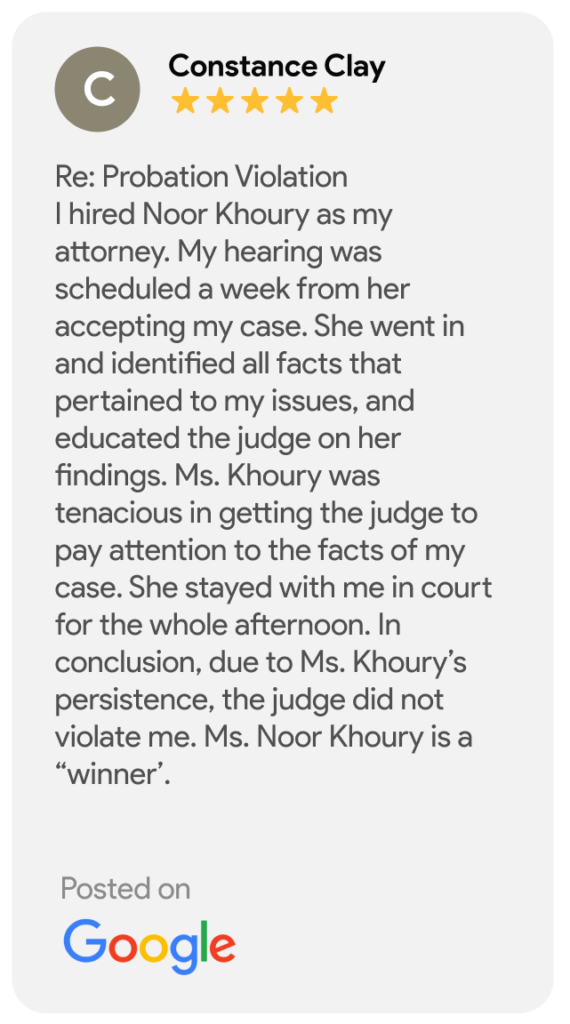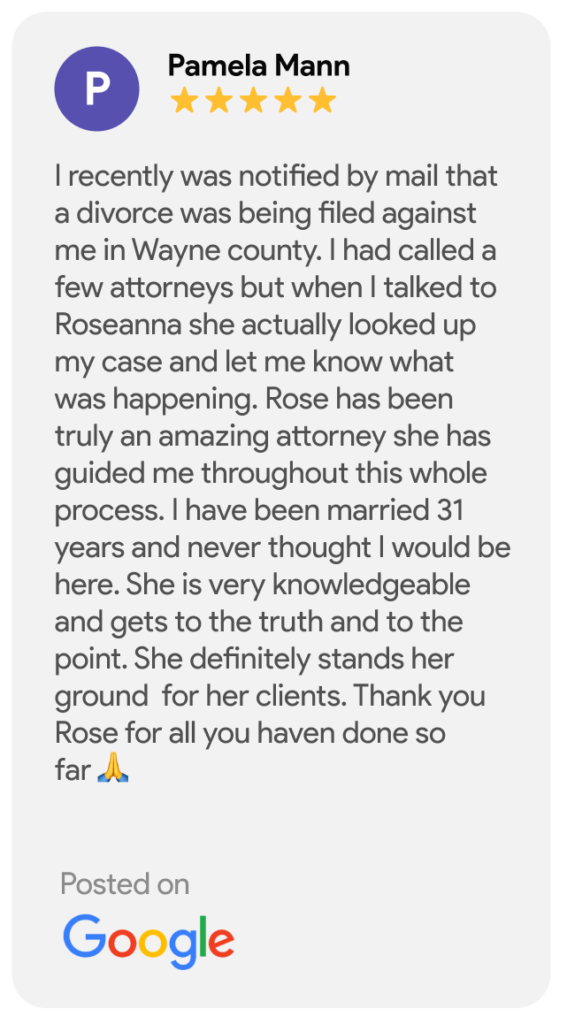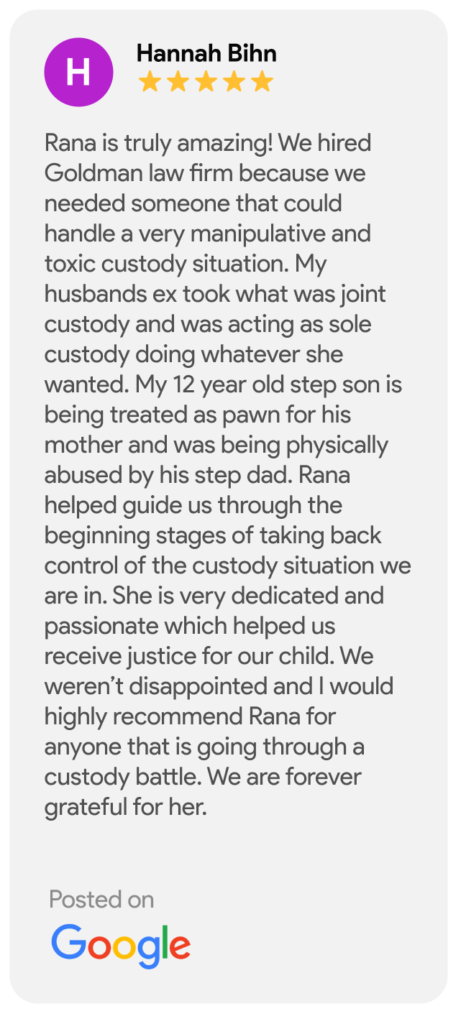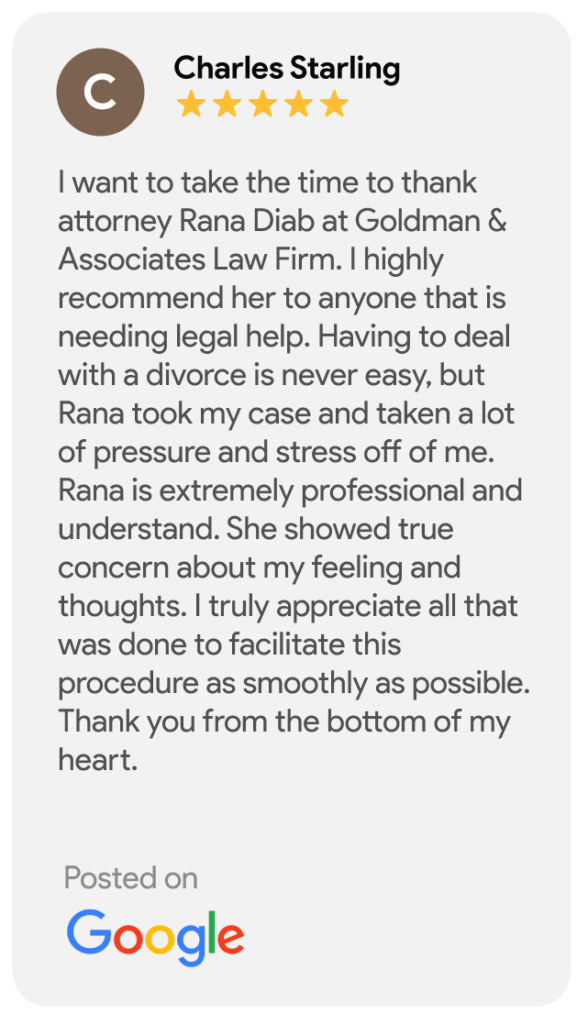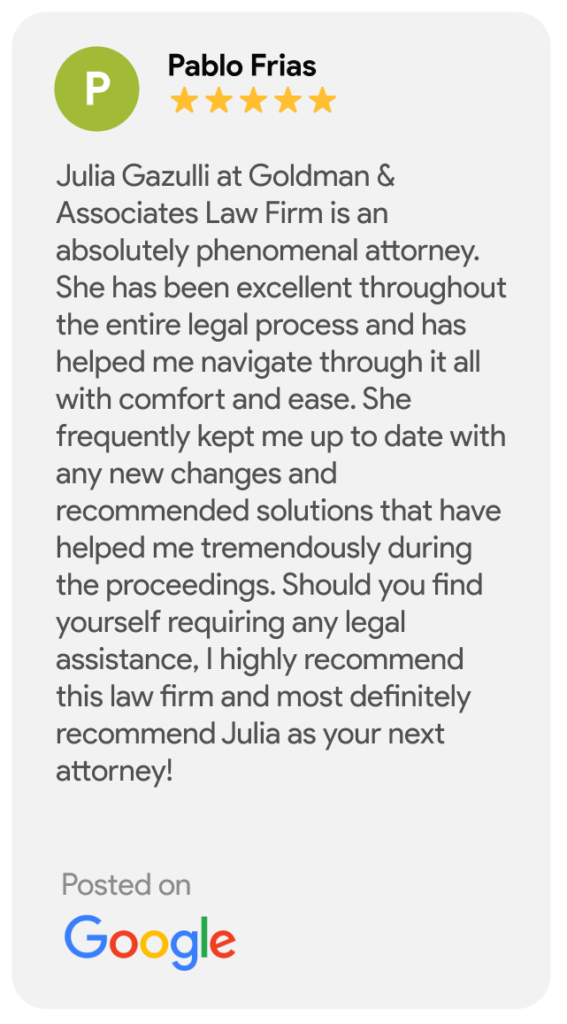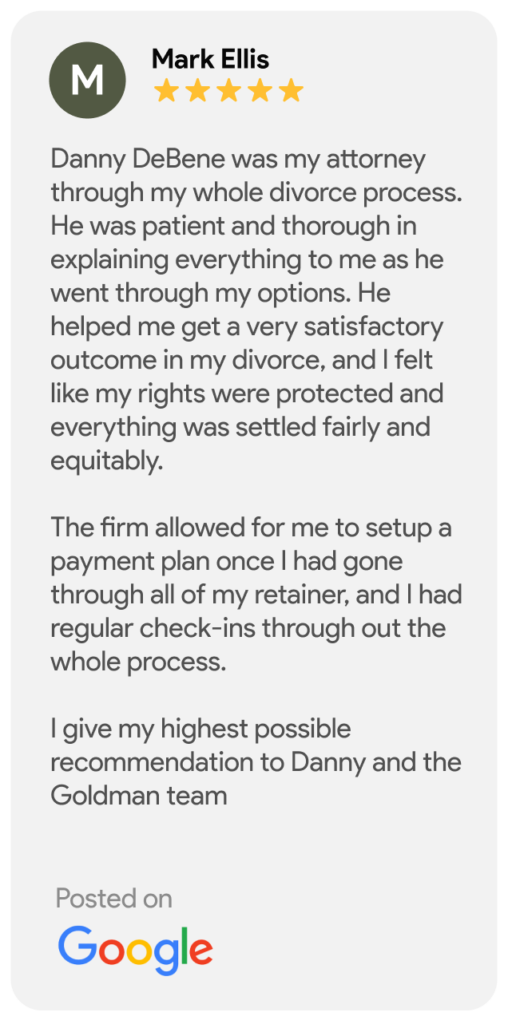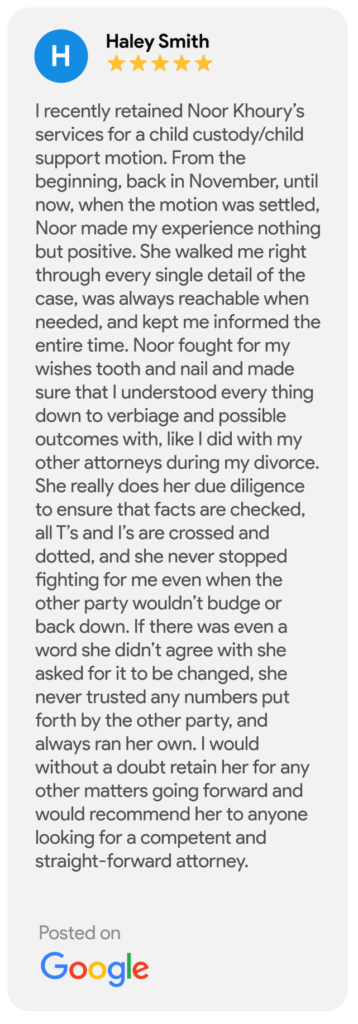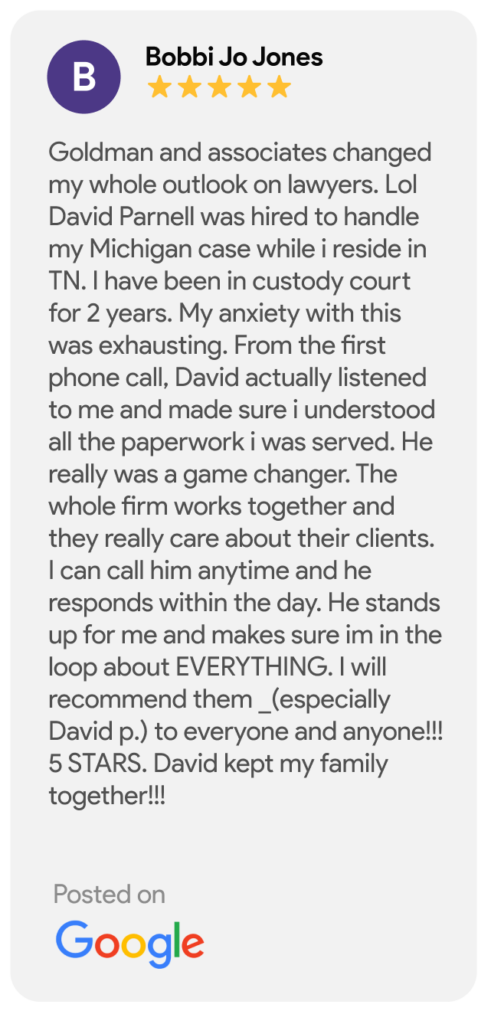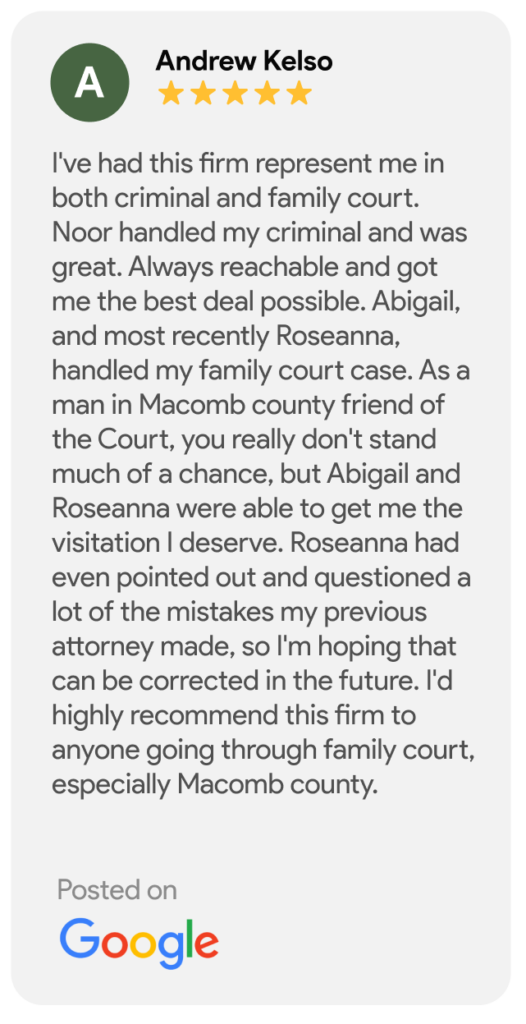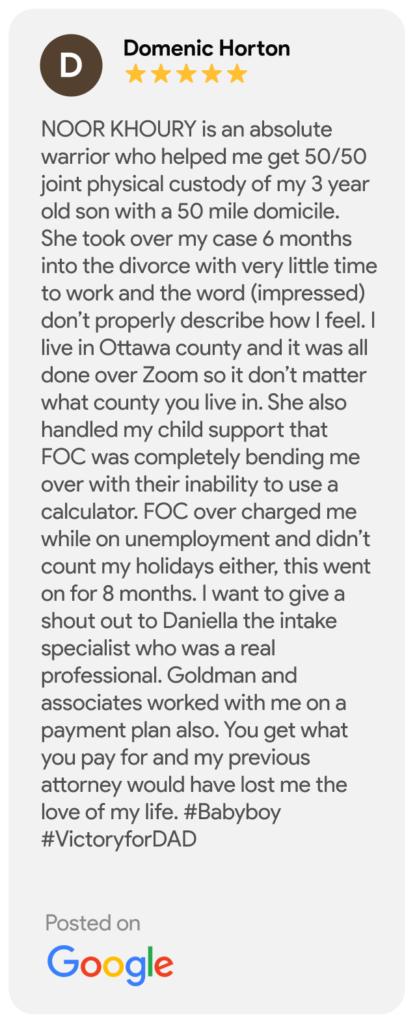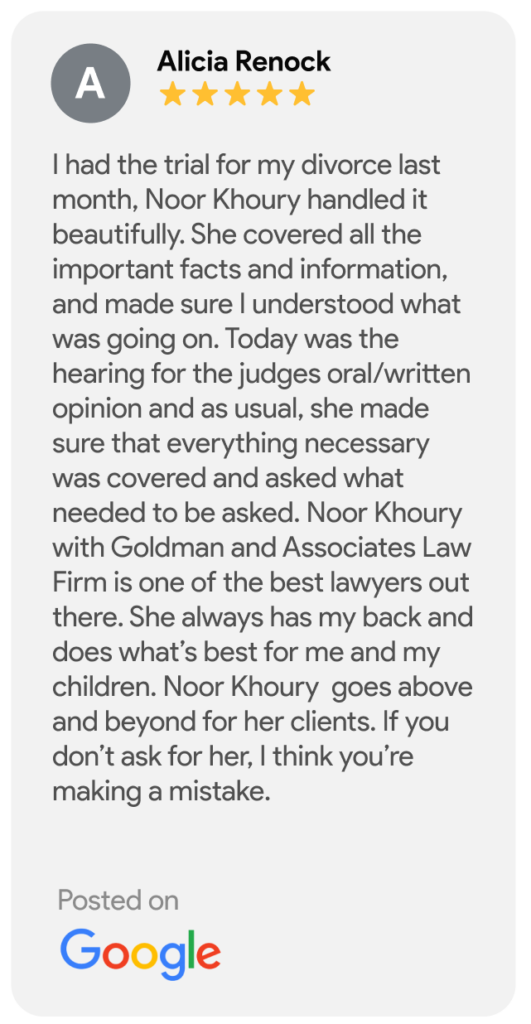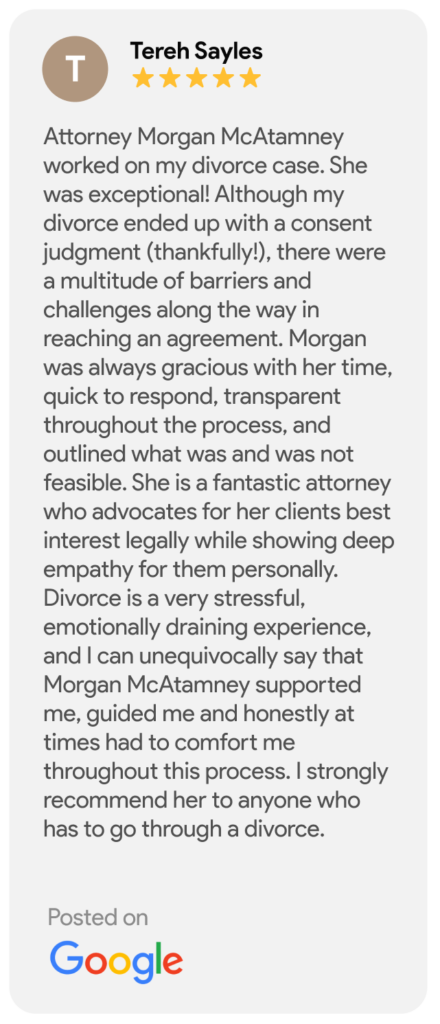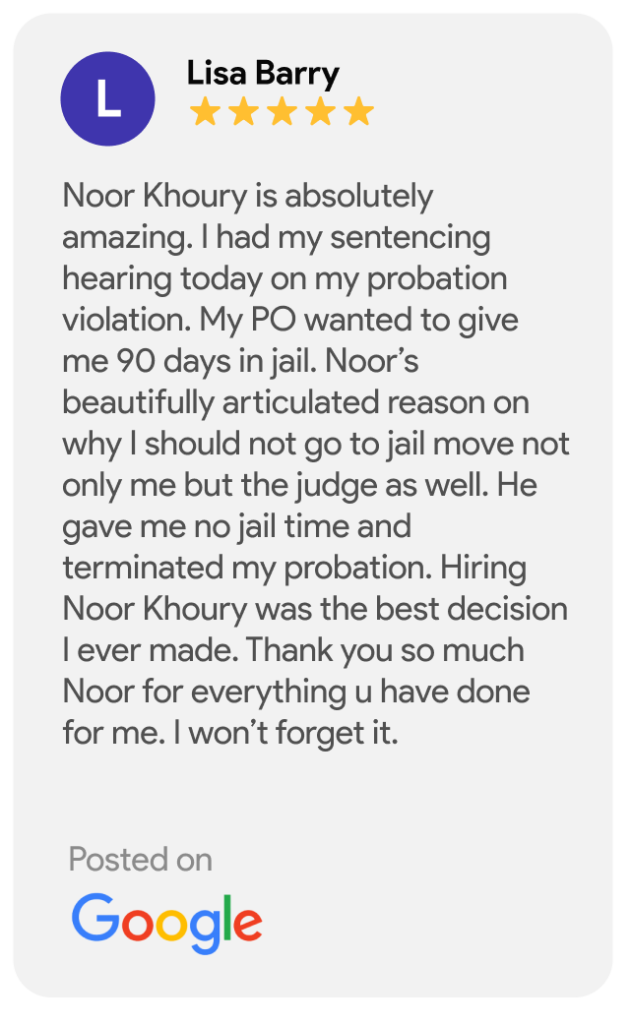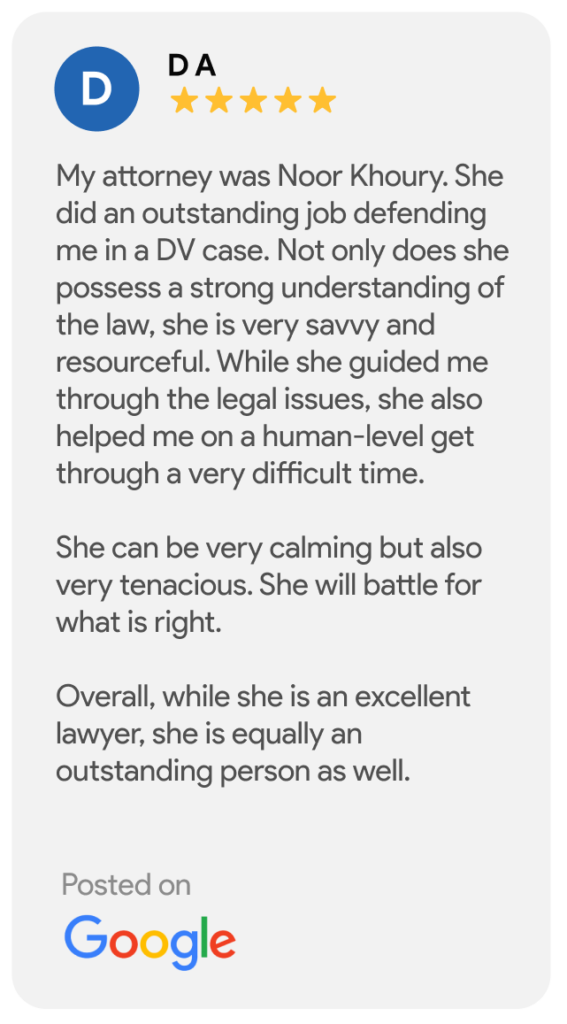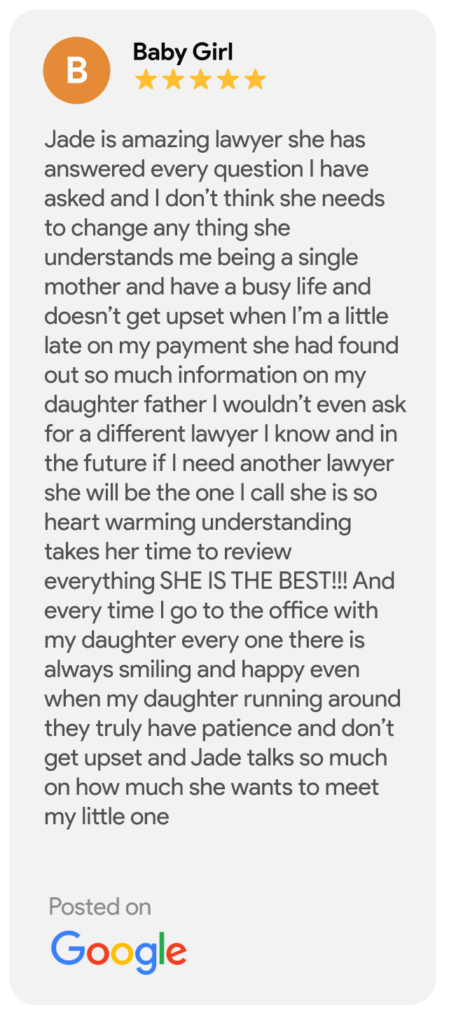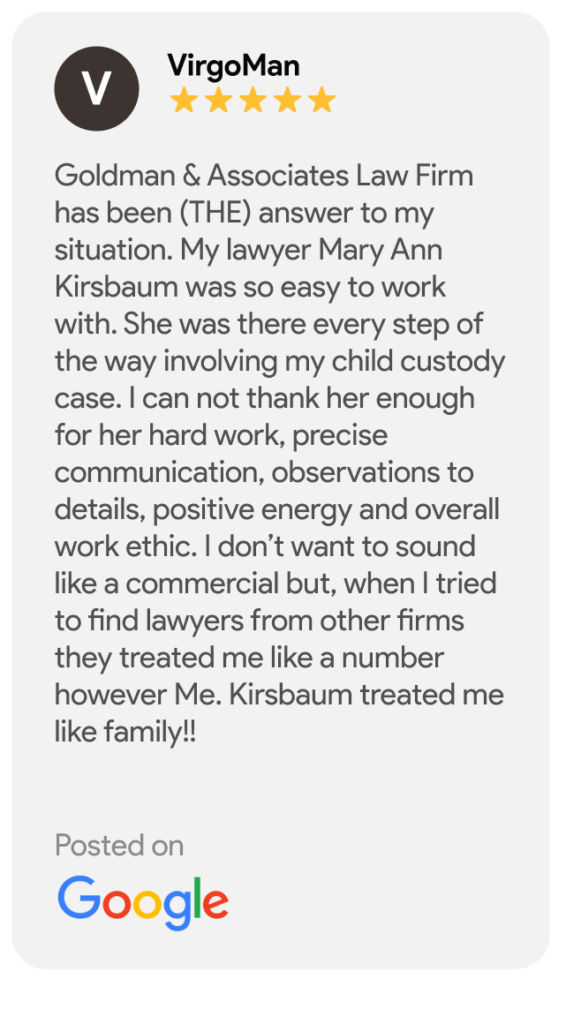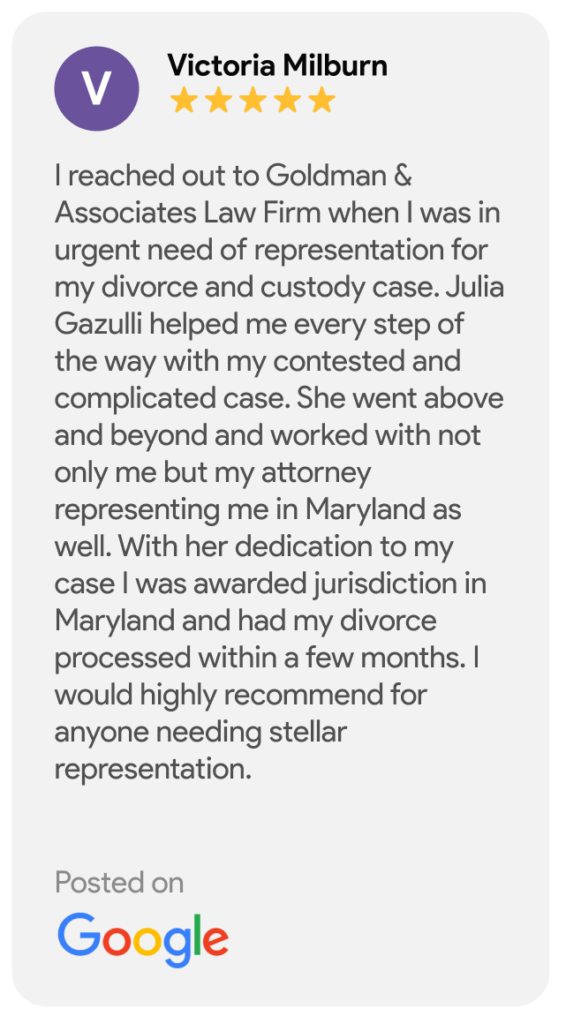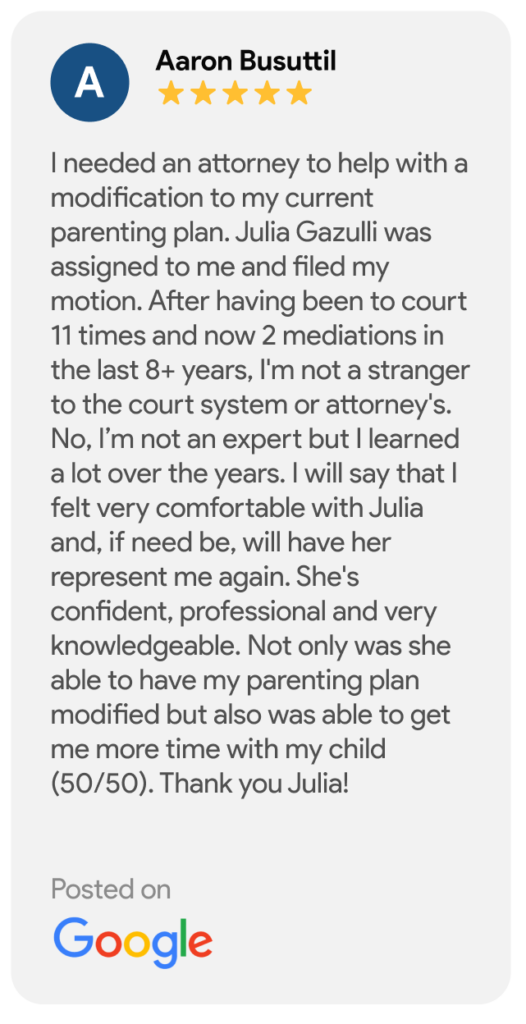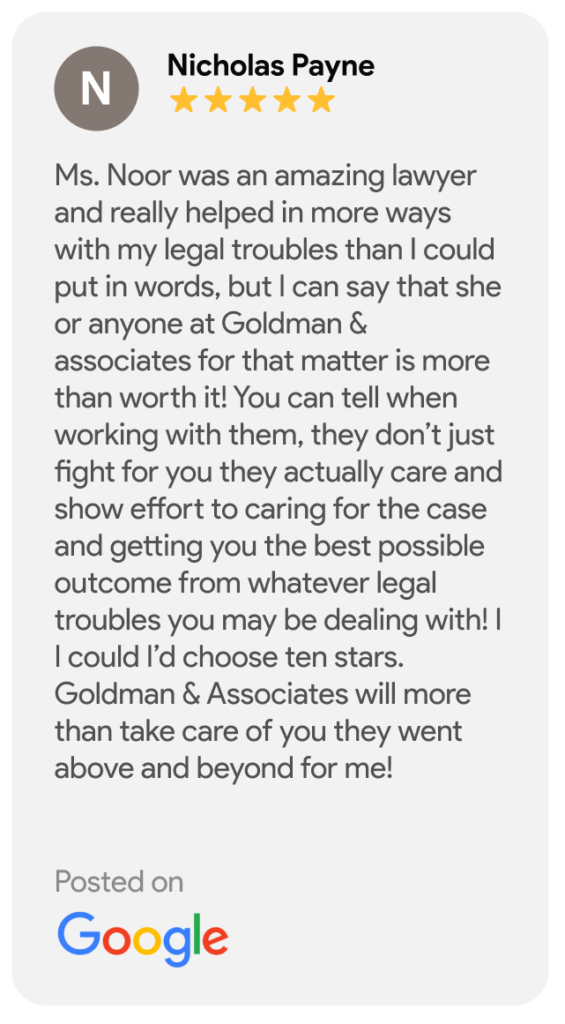Arrested in Michigan – What you need to know
I Was Arrested in Michigan, Whats Going to Happen to Me?
If you’ve recently been arrested, you probably know all too well about what happens when you first get to jail. Most people dont think about getting a lawyer until theyve already been arraigned.
I. Arraignment
A defendant learns first learns of the charges being brought against him at an arraignment before a district court judge or magistrate. Defendants also find out what the potential penalties are for the charged offenses, they are advised of their constitutional rights, they have a right to enter a plea (guilty, not-guilty, no contest) and they have a right to have bond set. Bond is the amount of money a court orders that must be paid to secure future appearances by the defendant in court. Bond is determined by the seriousness of the offenses charged, the likelihood that the defendant will appear in court later on, and whether the defendant provides any kind of danger to the public. A defendant will also be advised of when his next court appearance will be at the arraignment.
II. Pretrial Conference
This is a scheduling conference to determine how long the discovery period will last for, and often times the date of trial will be set. Many times defense attorneys use this opportunity to talk to a prosecutor about making a plea agreement. If that is the case, a defendant may enter a plea to whatever amended charge is agreed upon by the parties.
III. Preliminary Exam
These court appearances are set up if the defendant could be imprisoned for more than a year. In other words, these hearings are reserved for felonies. They are probable cause hearings. A prosecutor presents evidence establishing probable cause (facts and circumstances that would lead a reasonable person to believe that a crime was committed and that the defendant is the offender). Once probable cause is established, a trial date can be set.
IV. Trial
If no plea arrangement can be agreed upon, the case will be set for trial. The prosecutor has the burden of proving beyond a reasonable doubt (a very high standard) whether the defendant committed the crime. A defendant has the right to cross-examine any witness that the prosecutor calls to testify, call his own witnesses, and make opening and closing statements. At the conclusion of the trial, a verdict of guilty or not guilty is rendered by a judge or jury.
V. Sentencing
If a defendant has been found guilty of the committed offense, a date will be set for sentencing. Depending on the severity of the offense, the defendant may or may not be immediately incarcerated. A pre-sentence report is created for the judge which outlines past offenses, compliance with a judges orders to that point, etc. A recommendation for sentencing is also made. Defendants are also afforded the right to speak at these hearings in an attempt to sway the judge toward leniency.
Why Do I Need a Lawyer?
If you’ve been arrested for a crime, its important to hire an attorney. Attorneys make sure that your constitutional rights have been complied with, that you have been charged with the correct crime (if youre guilty of any crime at all), and are skilled at negotiating for lesser offenses or acceptable penalties when it is clear that you are guilty of a crime. Contact our office at 586-268-2400.


